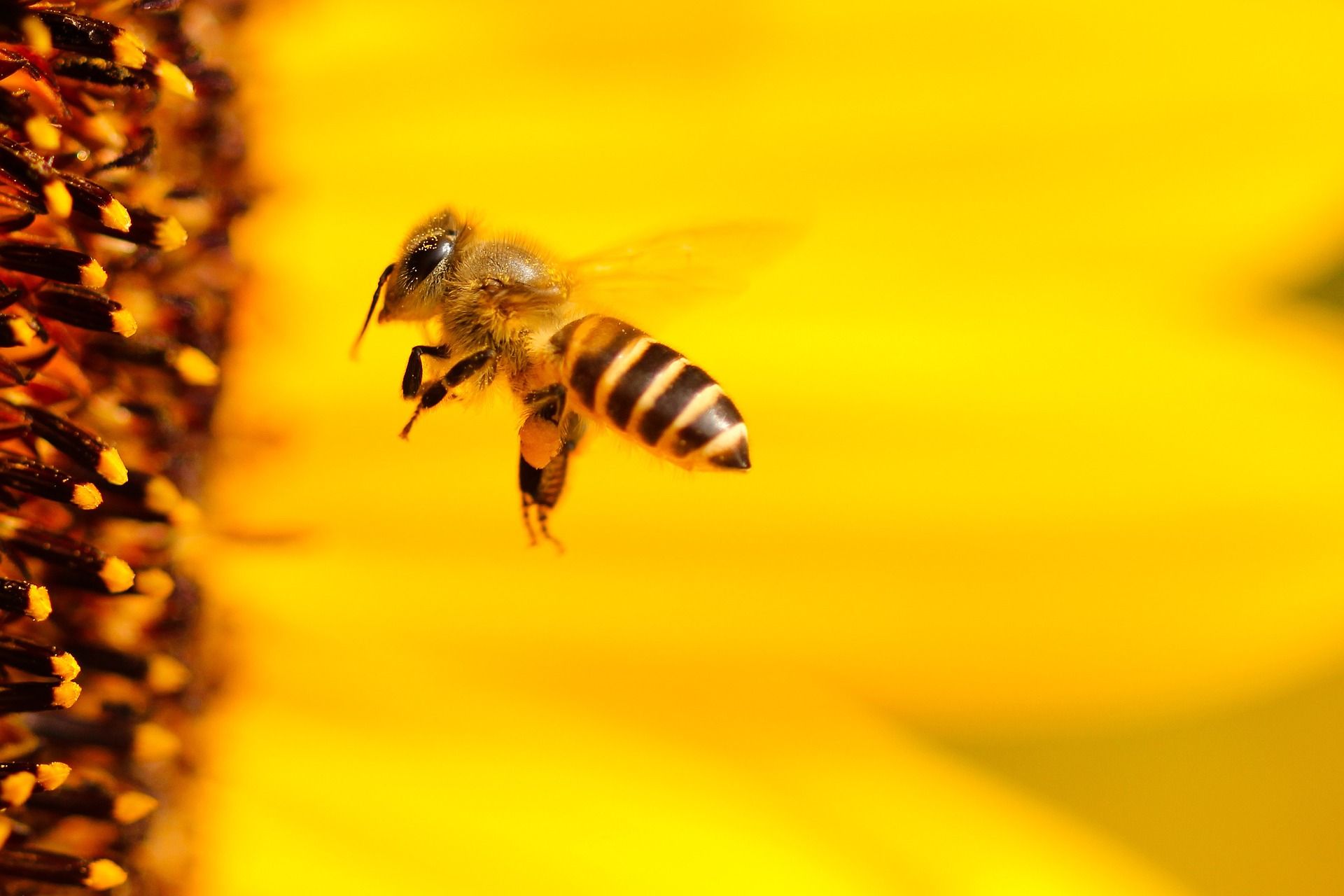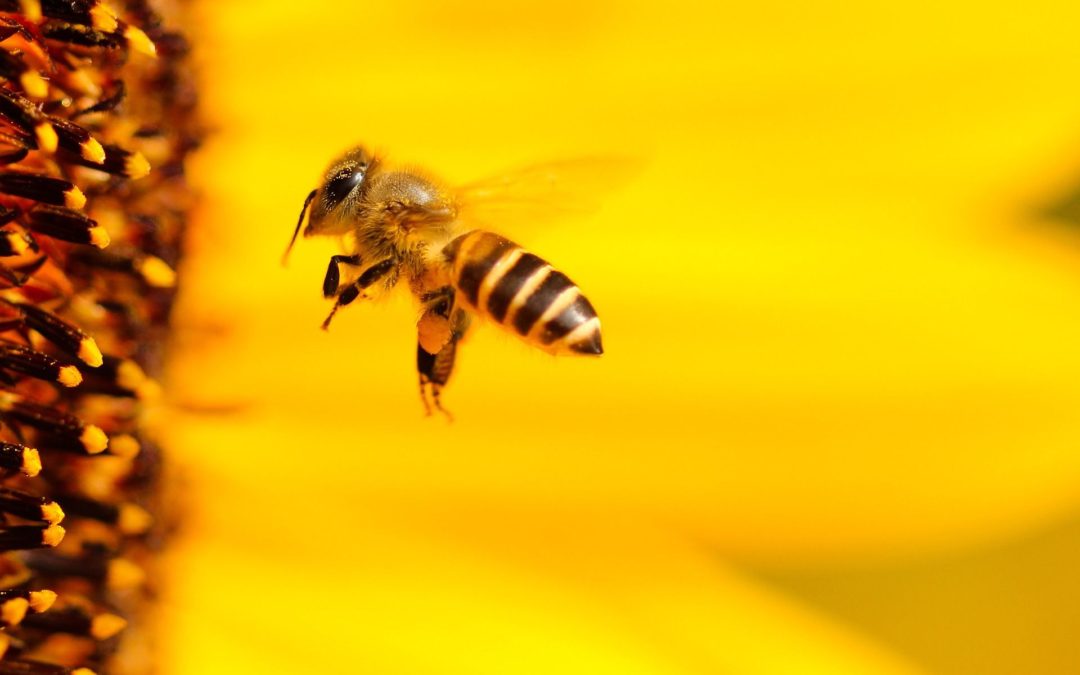
According to a press release, US retail giant Walmart plans to put pressure on its suppliers to pay more attention to pollinating insects. Suppliers affected by the plans are those that supply food and flowers, but also some energy suppliers.
The reason is that Walmart is concerned about how the reduction in pollinating insects may affect food production. According to the US Department of Agriculture, 35 percent of the world’s plant-based foods are dependent on pollinating insects. At the same time, the number of insects is steadily declining. An important reason for the reduction is pesticides that kill bees, bumblebees and butterflies.
Walmart will therefore in the future only sell vegetables, fruits and flowers from suppliers that follow Integrated Pest Management, IPM. It is a method where pesticides are only used as a last resort and only after a carefully analyzing the pesticide in question, to make sure the pesticide not not harm the environment in general.
Instead of pesticides, IPM uses various biological control methods and mechanical control. Methods that do not disturb the pollinating insects. Walmart also wants suppliers to use three percent of their land for special habitats adapted for pollinating insects. Walmart is also building solar panel systems in many places to get electricity to its department stores. The solar panel’s facilities create new opportunities. Around some solar panels, Walmart has planted plants that provide food for pollinating insects.
Another measure that Walmart has taken is to mark seed bags that are particularly important for pollinating insects so that cosutmers can make good choices in the store.
Image: Pixabay / hansbenn





